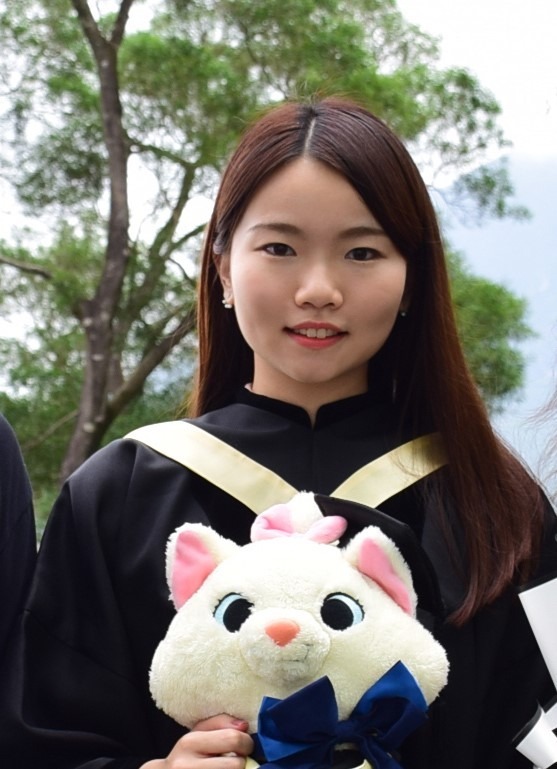
Shing Tung Yi Roxanne
2020-21 Term 2
The Conflict of Gender Ideologies in Fairytale: A Case Study of “Little Red Riding Hood”
Supervisor:
Abstract
“Little Red Riding Hood” is one of the most popular fairytales in today’s world. From the feminist perspective, the research examines the gender ideologies embedded in the early oral version (which were circulated in the Middle Ages), Charles Perrault’s “Le petit chaperon rouge” (1697), the Brother Grimms’ “Rotkäppchen” (1812) and Angela Carter’s three “women-with-wolves” tales, namely “The Werewolf”, “The Company of Wolves” and “Wolf-Alice”, which were revised and published in her The Bloody Chamber and Other Stories (1979).
The research argues that Charles Perrault and the Brother Grimms appropriated the women-centered-and-celebrated oral tradition of “Little Red Riding Hood”, to construct their own versions which consciously or unconsciously convey patriarchal ideologies to consolidate the victim-blaming rape culture and patriarchal order; Carter’s “women-with wolves” tales reactivate the women-centered-and celebrated oral tradition and deconstruct the patriarchal narratives and ideologies, to create her own feminist, non-binary, pluralistic and anti-authorship versions, which serve as a counter-discourse and resistance against the patriarchal system and the very singularity which makes people unfree.
The research demonstrates the text of “Little Red Riding Hood” has already become a site of ideological conflicts, and its “meanings” have not been and would not be fixed. Adaptations, especially unfaithful ones, are significant means to enunciate and negotiate. However hard the dominant discourse tries to confine people in singularity, it is always possible for diversity and individuality to slip in, to open up possibilities, for everyone and everything in chains.
Reflection
My four-year undergraduate studies with an extensive training in language and literature have provided me with a unique perspective to see and unsee the world. I am deeply attracted by feminist writings, post/colonial writings and, in general, writings by and/or about the “marginalized”. Little by little, they transformed me into who I am today and allowed me to see the privileges and oppressions in the society.
I chose to work on patriarchal narratives and feminist rewritings, for gender inequality is one of the things that I am personally connected to and deeply care about. As a woman who was once confined within the patriarchal expectations, I am very much empowered by reading and writing about Carter’s deconstruction of patriarchal narratives and ideologies, to break the chains and explore the many possibilities.






